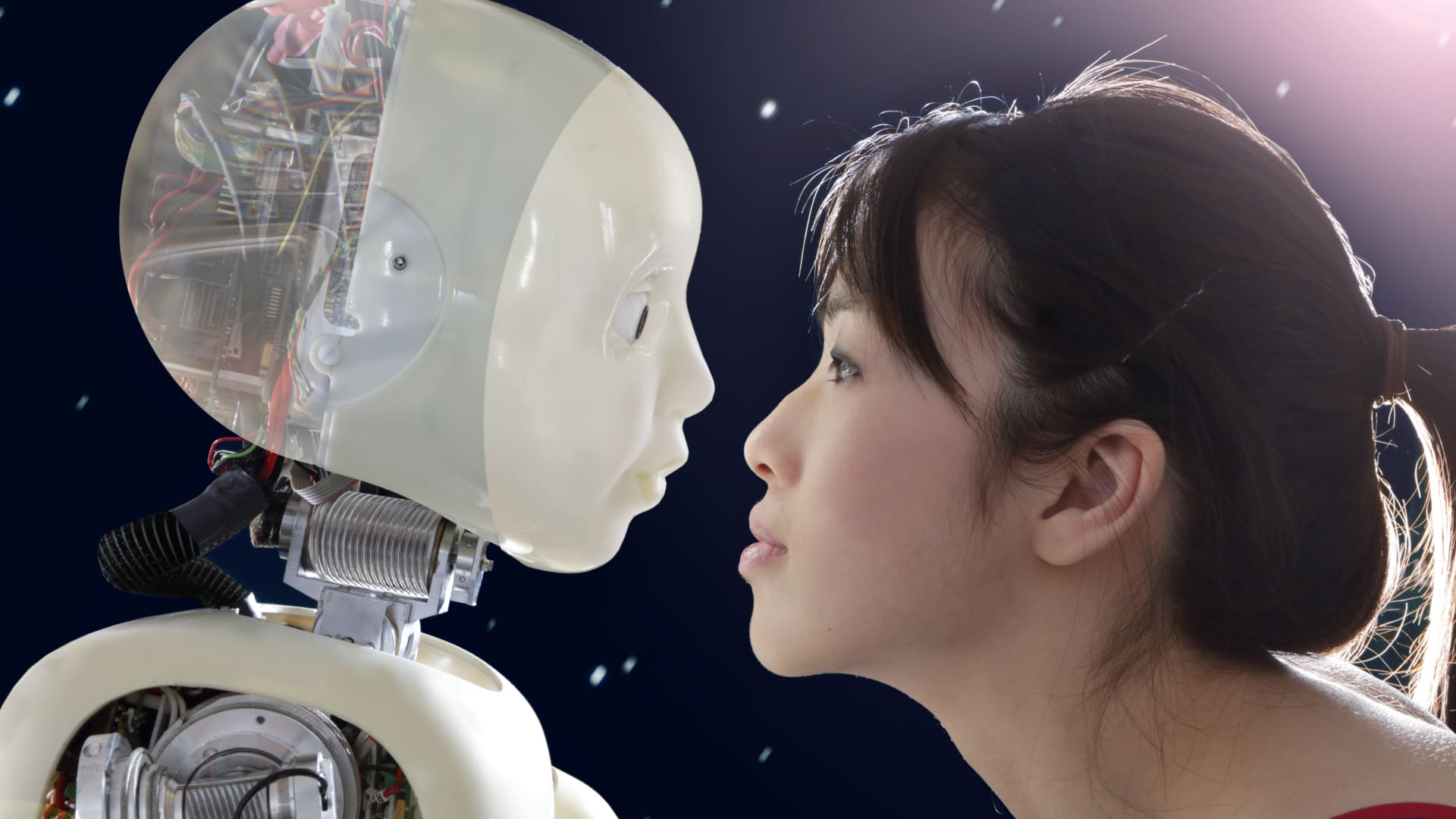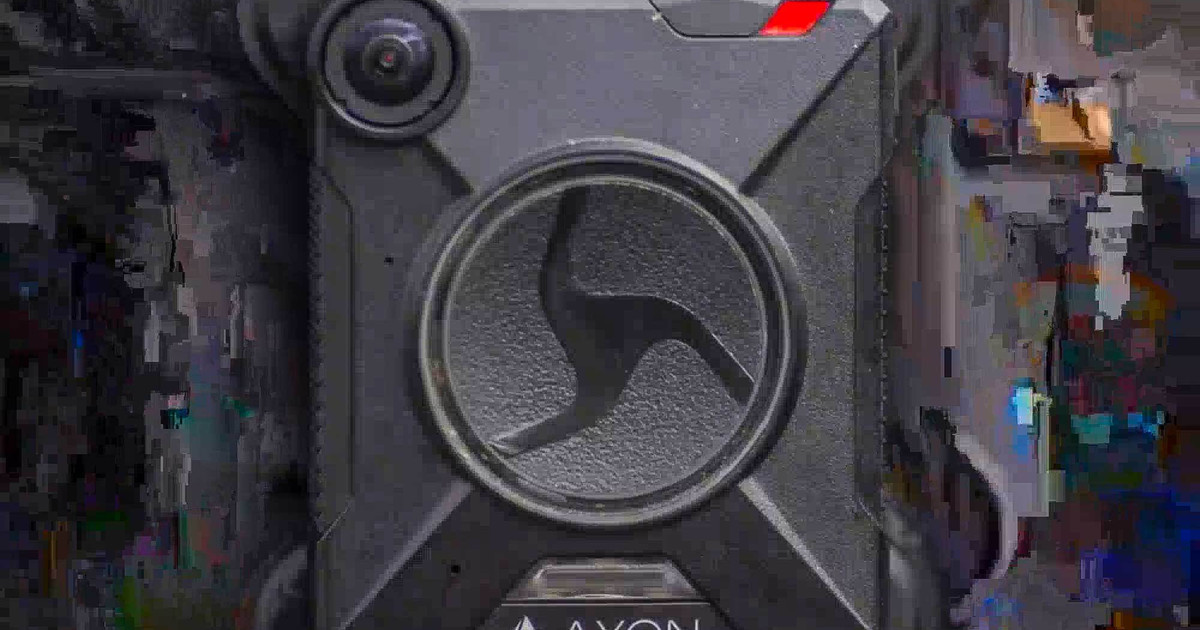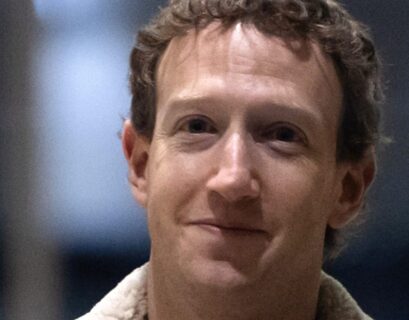An artificially intelligent robot may not steal your job as soon as you think.
That’s because it may be too expensive for companies to replace human workers with AI, according to a January study from MIT CSAIL, MIT Sloan, The Productivity Institute and IBM’s Institute for Business Value.
“Our study on automation with AI computer vision systems does deliver some encouraging news about job replacement, showing that many tasks wouldn’t be economically attractive to automate for years or even decades,” Neil Thompson, principal investigator at MIT CSAIL and the Initiative on the Digital Economy, tells CNBC Make It.
The study researched the technical requirements and characteristics an AI model would need in order to complete a job at the level a human could. Then, researchers examined whether it makes economic sense for a company to pay for the development of that AI system and deploy it instead of a human worker.
The researchers specifically focused on tasks that could potentially be completed with computer vision, which is when systems use AI to recognize and analyze visual inputs, such as digital images and videos.
The study found that the majority of the time, it would be cheaper for companies to continue to use human workers for those tasks rather than automate them with AI.
The study uses a small bakery as an example. Theoretically, the bakery could save around $14,000 in labor costs by having an AI system monitor baking ingredients to make sure they haven’t spoiled instead of a human baker. However, it makes more economic sense to have bakers continue to complete that task since the cost of developing and training an AI model would outweigh the potential savings.
There’s likely to be a “more gradual integration of AI into various sectors,” instead of a rapid replacement of human workers with AI bots, Thompson says in the study.
AI development costs may decrease in the future
That’s not to say AI won’t disrupt the job market — now and in the future.
“Even in the short run, there will be workers whose jobs are lost or whose responsibilities get changed because of AI,” Thompson tells CNBC Make It.
Going forward, it may cost less to develop these AI systems, potentially speeding up how quickly companies opt to use them. However, it will likely take many years for those costs to decrease to a level where these AI systems can be deployed by companies on a broad level, Thompson says.
On top of that, AI technology is still considered to be in the beginning stages of its development.
“The stuff that we’re seeing now is very exciting and wonderful, but I think it’s worth always putting it in context of this technology that, at least for the next five or 10 years, will be on a very steep improvement curve,” OpenAI CEO Sam Altman told Bill Gates during a recent episode of Gates’ “Unconfuse Me” podcast.
“These are the stupidest the models will ever be,” Altman said.
During the episode, the two tech titans discussed how the rapid development of AI could potentially impact the job market. Altman pointed out ways AI chatbots, like OpenAI’s ChatGPT, have positively benefited certain jobs, like software coding and teaching.
Ultimately, Altman told Gates while he’s optimistic about the future of AI, he believes we’ll never run out of problems for humans to solve.
“I’m confident we’re never going to run out of problems,” he said. “And we’re never going to run out of different ways to find fulfillment and do things for each other and understand how we play our human games for other humans, in this way that’s going to remain really important.”
Want to land your dream job in 2024? Take CNBC’s new online course How to Ace Your Job Interview to learn what hiring managers are really looking for, body language techniques, what to say and not to say, and the best way to talk about pay. Get started today and save 50% with discount code EARLYBIRD.










